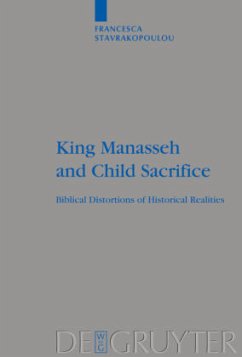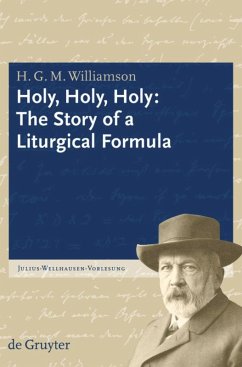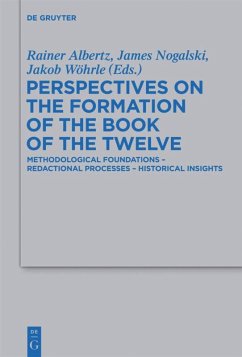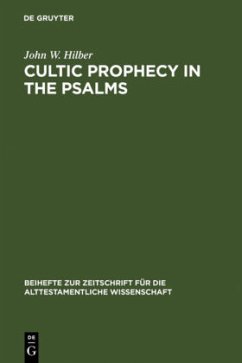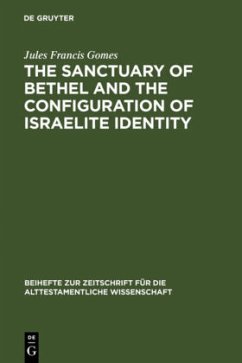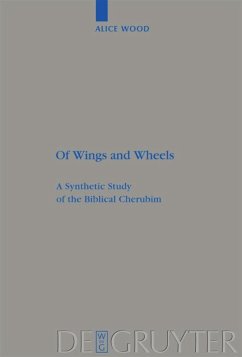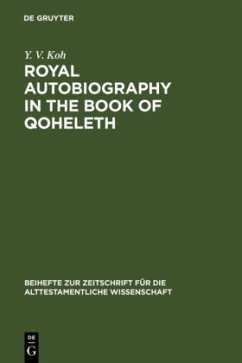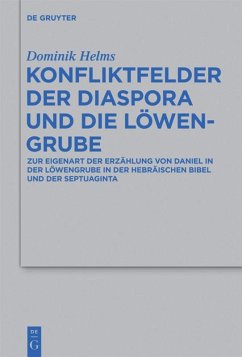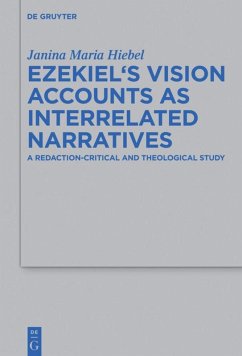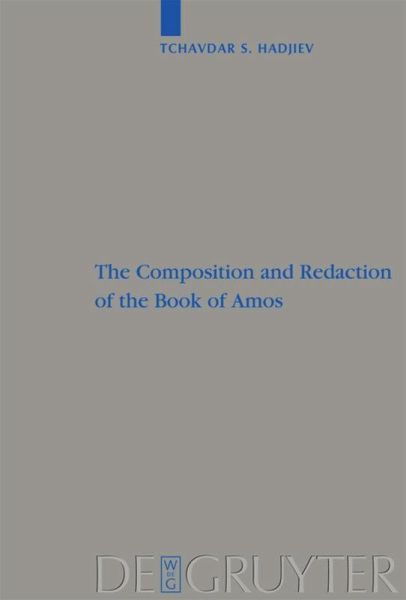
The Composition and Redaction of the Book of Amos

PAYBACK Punkte
57 °P sammeln!
This Oxford dissertation offers a fresh redactional analysis of the Book of Amos. It starts with a critical survey of existing approaches and an examination of the methodological issues involved and proceeds with a detailed exegetical analysis of the prophetic text which forms the basis for the redactional conclusions. It steers a middle course between extreme conservative treatments which trace all the material back to the prophet Amos and more radical sceptical approaches which attribute most of the prophetic oracles to the work of later redactors. The composition of the book began with two ...
This Oxford dissertation offers a fresh redactional analysis of the Book of Amos. It starts with a critical survey of existing approaches and an examination of the methodological issues involved and proceeds with a detailed exegetical analysis of the prophetic text which forms the basis for the redactional conclusions. It steers a middle course between extreme conservative treatments which trace all the material back to the prophet Amos and more radical sceptical approaches which attribute most of the prophetic oracles to the work of later redactors. The composition of the book began with two collections: the Polemical scroll written not long after the end of Amos' ministry and the Repentance scroll composed shortly before 722 BC. The Repentance scroll was reworked in Judah towards the end of the 8th century BC and the two scrolls were combined to form a single work sometime during the 7th century BC. The Book underwent only one redaction during the exilic period which sought to actualise its message in a new historical context. The study pays special attention to the literary structure, aim and probable historical circumstances of the various collections which gradually evolved into the present Book of Amos and seeks to show how the prophetic message lived on and spoke to the various communities which preserved and transmitted it.




